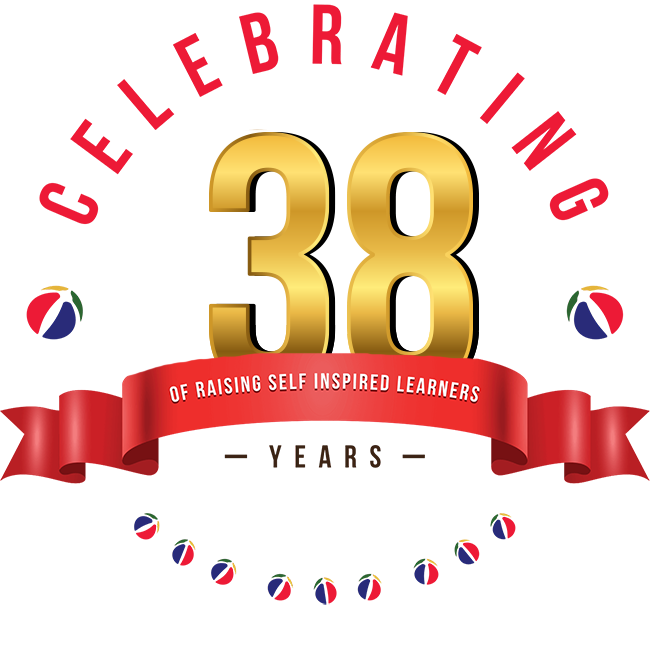Understanding Early Childhood Education Standards
Early childhood education is a critical phase in a child’s development. It lays the foundation for future learning and success.
However, to ensure quality education, certain standards must be met. These standards define the requirements for early childhood education.
This article aims to shed light on these requirements. It will cover everything from certification to degree requirements. It’s a comprehensive guide for those interested in this field.
Whether you’re an aspiring educator or a school administrator, this article is for you. It will provide you with the necessary knowledge to navigate the early childhood education landscape.
By understanding these standards, you can ensure the best education for our youngest learners. Let’s delve into the world of early childhood education standards.
The Importance of Early Childhood Education
Early childhood education plays a pivotal role in a child’s life. It’s during this stage that children develop crucial cognitive and social skills.
These formative years shape a child’s personality and worldview. They also lay the groundwork for future academic success.
Moreover, early childhood education fosters a love for learning. It encourages curiosity and creativity, which are vital for lifelong learning.
In essence, early childhood education is not just about preparing children for school. It’s about nurturing well-rounded individuals who can thrive in the world.
Role and Impact of Early Childhood Educators
Early childhood educators are more than just teachers. They are the architects of a child’s early learning experience.
They create a safe and nurturing environment for children. This allows kids to explore, learn, and grow in a supportive setting.
Educators also identify individual learning needs. They tailor their teaching methods to cater to these needs, ensuring each child thrives.
In essence, early childhood educators play a crucial role. They shape young minds and have a lasting impact on a child’s life.
Early Childhood Education Degree Requirements
To become an early childhood educator, certain educational requirements must be met. These requirements vary by state and job role.
Typically, a minimum of an associate’s degree in early childhood education is required. This degree provides foundational knowledge in child development and teaching methods.
Some roles may require a bachelor’s degree. This higher level of education allows for more in-depth study of early childhood education.
In addition to a degree, practical experience is often required. This can be gained through internships or student teaching placements.
Here are some common degree requirements:
- Associate’s Degree in Early Childhood Education
- Bachelor’s Degree in Early Childhood Education
- Practical experience (e.g., internships, student teaching)
Types of Degrees and Their Relevance
There are different types of degrees available in early childhood education. Each one offers a unique focus and depth of study.
An associate’s degree provides a basic understanding of early childhood education. It’s a good starting point for those new to the field.
A bachelor’s degree offers a more comprehensive study. It covers advanced topics and prepares students for leadership roles.
For those seeking to specialize or advance their career, a master’s degree is an option. This degree allows for in-depth study of a specific area of early childhood education.
Certification and Licensure in Early Childhood Education
Certification and licensure are key components of early childhood education requirements. They ensure that educators are qualified and competent.
Certification typically involves passing an exam. This exam tests knowledge and skills in early childhood education.
Licensure, on the other hand, is a legal requirement. It’s often required for teaching in public schools.
Here are some common certification and licensure requirements:
- Passing a certification exam
- Meeting state-specific licensure requirements
- Ongoing professional development
State-Specific Certification Requirements
Each state has its own certification requirements. These can include specific coursework, exams, and practical experience.
For example, some states require a degree in early childhood education. Others may accept a degree in a related field.
It’s important to check with your state’s education department. They can provide the most accurate and up-to-date information.
National Standards and Accreditation
In addition to state requirements, there are national standards. These are set by organizations like the National Association for the Education of Young Children (NAEYC).
Accreditation is a process that ensures a program meets these standards. It’s a mark of quality and can enhance a program’s reputation.
Accreditation can also impact funding. Many grants and scholarships require accreditation.
Continuing Education and Professional Development
Continuing education is a vital part of early childhood education. It helps educators stay current with the latest research and teaching methods.
Professional development, on the other hand, focuses on career growth. It can include workshops, conferences, and mentorship programs.
Career Prospects in Early Childhood Education
Early childhood education offers a range of career paths. These include roles as teachers, administrators, and special education specialists.
With further education and experience, professionals can advance to leadership roles. These include positions as directors of education programs or curriculum developers.
Conclusion: The Future of Early Childhood Education
The future of early childhood education is promising. With ongoing research and innovation, the field continues to evolve.
Understanding the requirements of this field is crucial. It ensures the delivery of high-quality education that fosters children’s development and lifelong learning.

